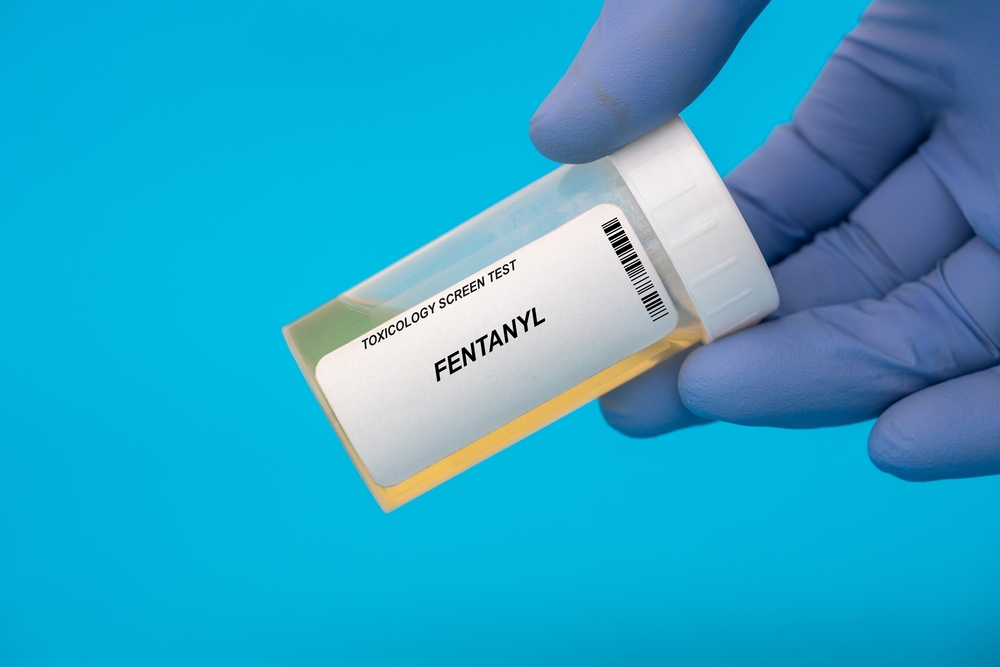 An advisory board for the Substance Abuse and Mental Health Services Administration (SAMHSA) continued its efforts to add fentanyl to truck driver screenings under the bipartisan Opioid Crisis Response Act, signed into law by former Pres. Donald Trump.
An advisory board for the Substance Abuse and Mental Health Services Administration (SAMHSA) continued its efforts to add fentanyl to truck driver screenings under the bipartisan Opioid Crisis Response Act, signed into law by former Pres. Donald Trump.
Now, a key provision called the “Fighting Opioid Abuse in Transportation Act” appears to be taking root in the trucking industry. The measure calls upon the U.S. Department of Health and Human Services to decide whether to include fentanyl in the swath of drug tests CDL holders undergo. The Health Department is also tasked with justifying the reliability and cost-effectiveness of fentanyl testing and analysis.
“Fentanyl accounts for a large proportion of overdose deaths in the United States and is therefore an important public safety concern,” according to a SAMHSA statement. “Furthermore, fentanyl is increasingly used as a stand-alone substance of abuse, not in conjunction with heroin and other substances.”
The National Institute of Health indicates that fentanyl is upwards of 50 to 100 times more potent than heroin and readily available. Although an illicit street drug, fentanyl is frequently prescribed by physicians and hospitals as a pain reliever, particularly following surgical procedures. It has become a focal point in the war on opioid addiction and fatalities in recent years. In 2022, more than 73,000 people died from a fentanyl overdose in the U.S. Considered a cheap drug of choice for addicts, the country has experienced a rise in fentanyl drug abuse. These are reasons why the advisory board appears to be moving forward with including it in truck driver screenings.
“We see a lot more fentanyl in non-regulated samples, greater than 1.9 percent,” SAMHSA Drug Testing Advisory Board Chairman Ron Flegel reportedly said. “We’ve had numerous conversations, numerous presentations leading up to this. So, I don’t think it’s any surprise to the board that we’re proposing to add fentanyl to the drug testing panel.”
On Dec. 5, members of the Drug Testing Advisory Board also touched base on a new rule that would move forward with hair follicle testing. This has become a point of controversy because hair follicles can produce positive results for recreationally legal marijuana weeks after its effects have worn off. However, marijuana has not been legalized at the federal level.
The Board spoke to the question of whether marijuana would be removed from CDL drug tests. Flegel indicated no decision had been made to date.











Leave a Comment